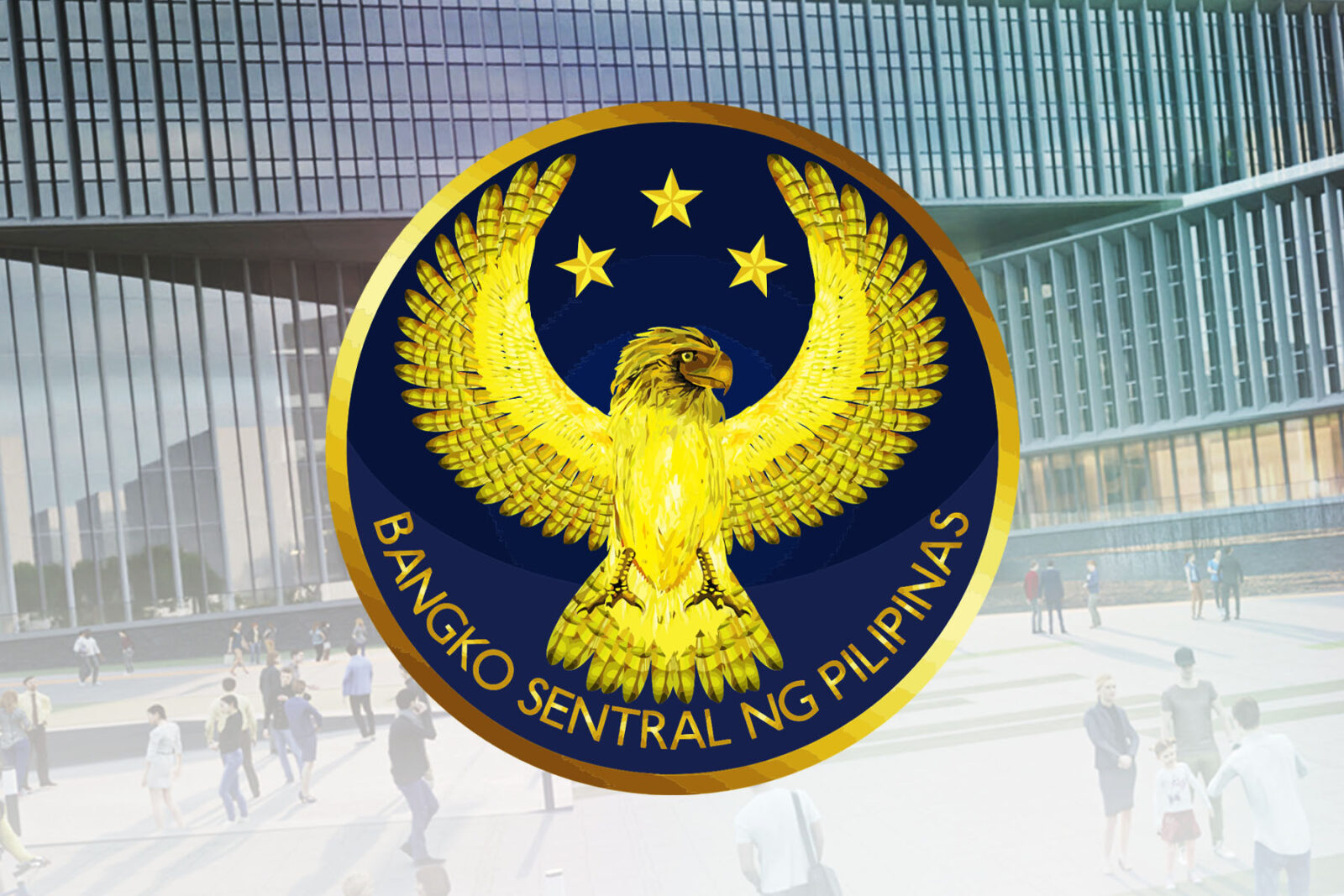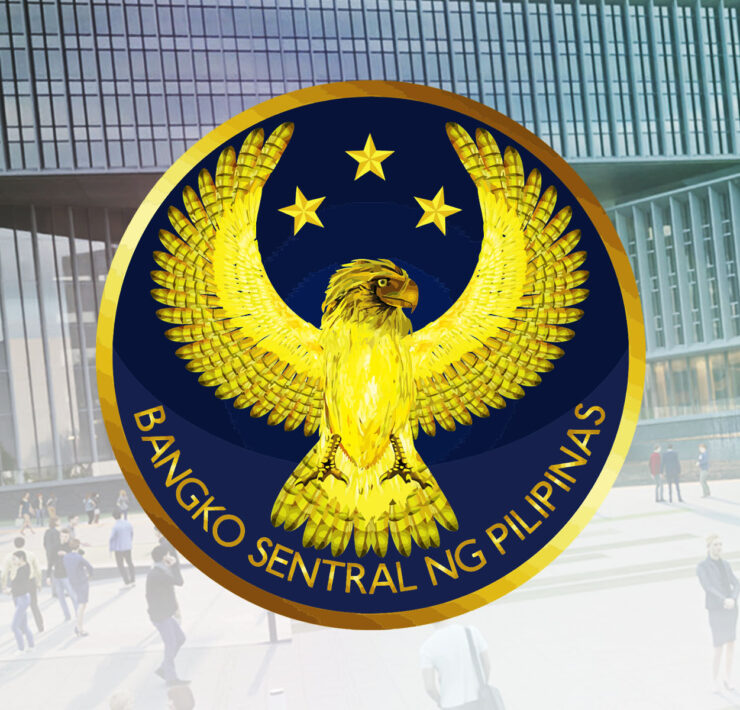PH Q2 foreign debt rose to $149B on dollar swings

The Philippines’ foreign borrowings edged higher in the second quarter but remained at levels the central bank described as “manageable,” even as a shaky US dollar and political turmoil in Washington rippled across global markets.
Data from the Bangko Sentral ng Pilipinas (BSP) showed the country’s external debt stock—covering both government and private obligations—rose 1.5 percent to $149 billion as of end-June.
That was equal to 31.2 percent of gross domestic product, a slight improvement from 31.5 percent in the prior quarter.
The modest uptick was driven largely by currency swings.
The greenback’s weakness, amplified by President Donald Trump’s contentious policies, inflated the US dollar value of loans denominated in other currencies by nearly $1.5 billion.
Foreign appetite for Philippine debt also added to the increase, with net purchases of local securities reaching $661 million. Those inflows were partly offset by net repayments of $316 million, tempering the overall rise in external borrowings.
But on a year-on-year basis, the country’s external debt increased by 14.4 percent, driven by bond issuances by the national government amounting to $5.83 billion and external financing tapped by local banks amounting to $3.44 billion.
Still, the BSP emphasized that the country’s external debt metrics remained within prudent thresholds, providing some buffer against the turbulence shaking global capital markets.
Short-term external debt due within a year or less stood at $28.63 billion as of June, comfortably covered by $106 billion in gross international reserves (GIR). That level of GIR provides 3.7 times cover for short-term obligations—roughly in line with other emerging economies.
Debt data
Meanwhile, debt service ratio—another indicator of capacity to settle debt by comparing loan payments with the country’s income from exports and other inflows—improved to 8.7 percent, from 9.8 percent a year earlier.
This, the BSP explained, was due to lower principal and interest payments by local borrowers as of the second quarter.
Under a presidential order, the BSP is the designated agency for compiling and publishing external debt statistics, a mandate aimed at bolstering transparency.
Readily available debt data helps borrowers and lenders make better decisions while giving policymakers and analysts the tools to safeguard debt sustainability and broader macroeconomic stability.





















How sibling rivalry becomes generational damage